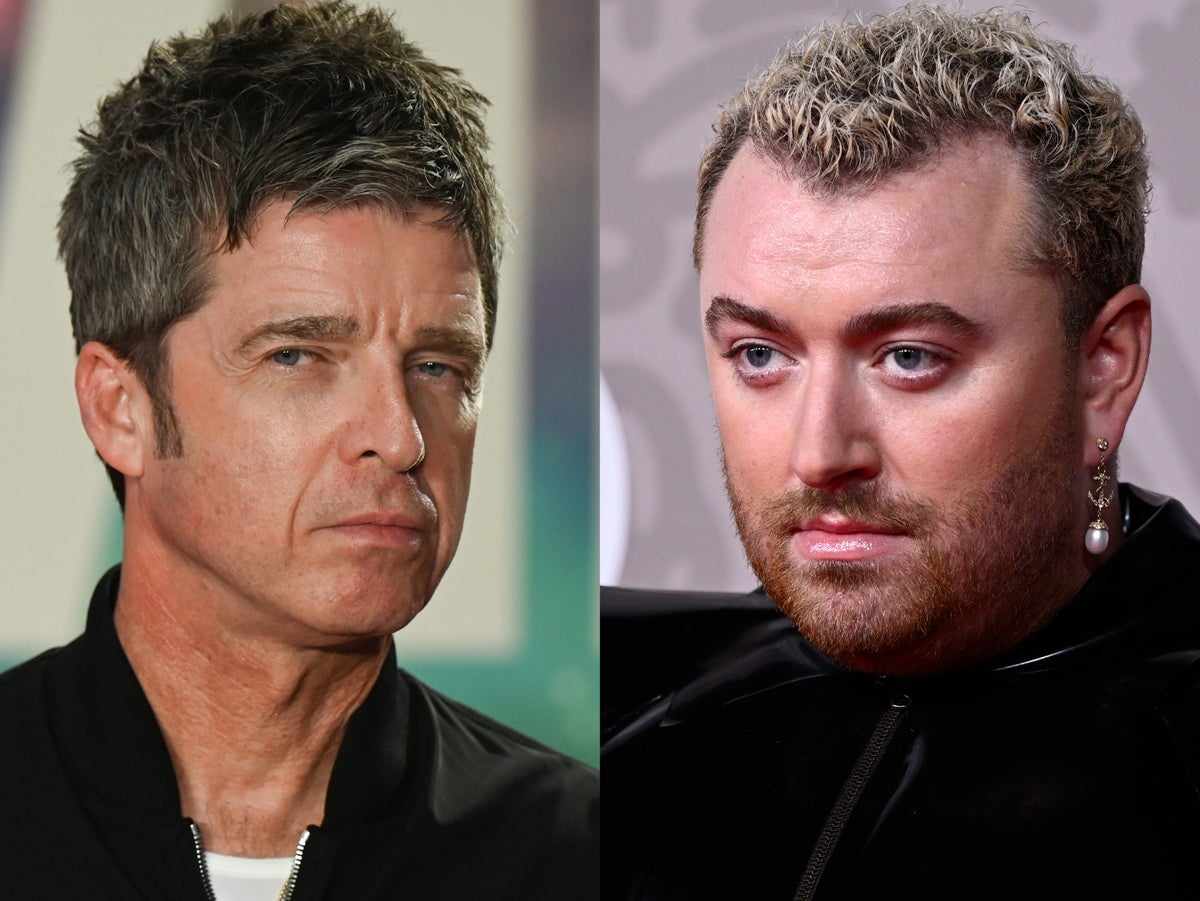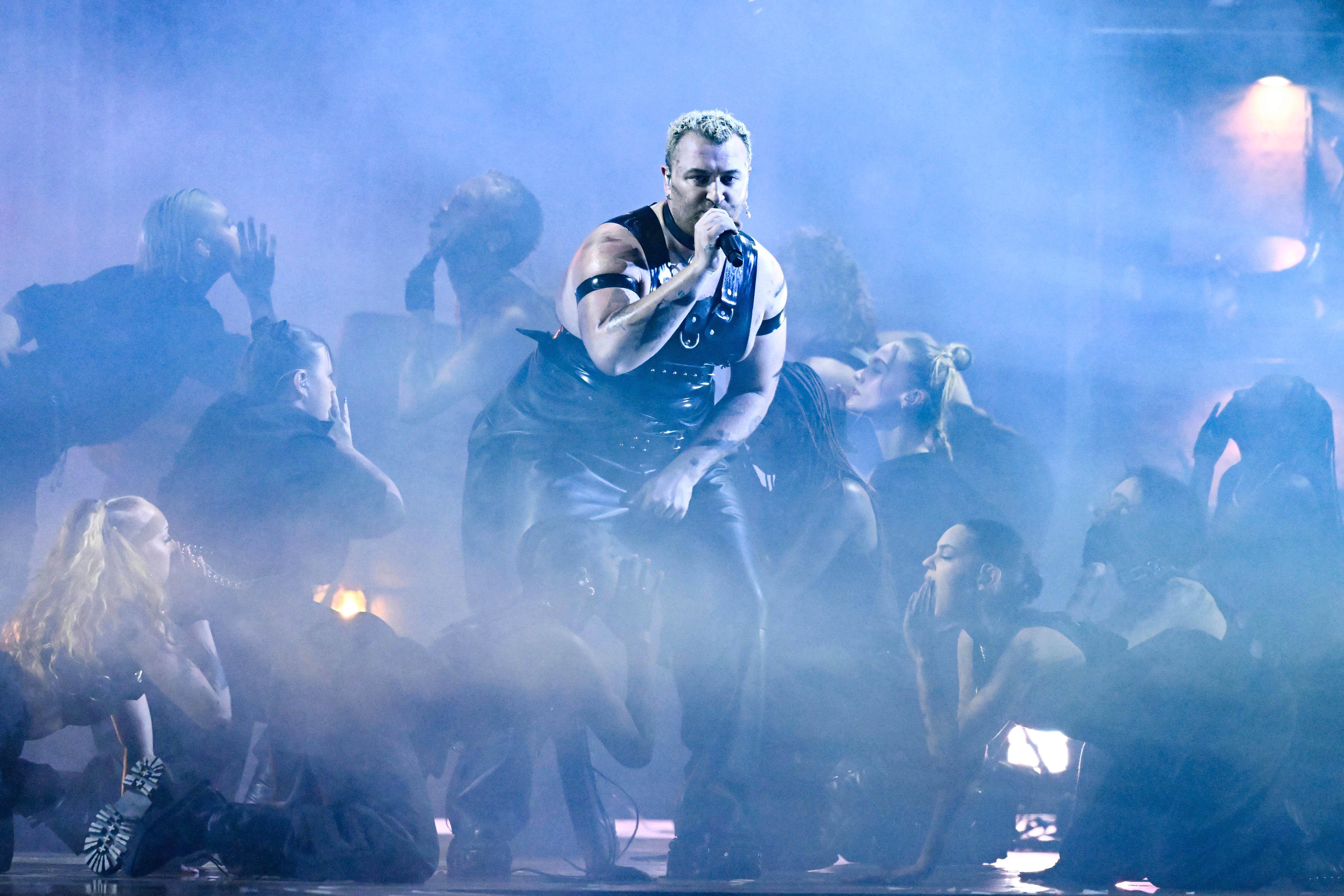
Noel Gallagher misgendered Sam Smith while discussing today’s pop music scene.
The former Oasis singer was doing an interview on Dutch radio station Kink when he made the comments.
Sam Smith goes by they/them pronouns. However, Gallagher wrongly used he/him pronouns to describe the singer during the discussion.
“Music has become quite fractured and chart music is dominated by pop,” Gallagher claimed. “Pop music is alright if the pop stars are cool. Sadly the pop stars of today are f***ing idiots.”
The presenter then asked Gallagher to be more specific on who he thought was “uncool”.
“Sam Smith,” Gallagher replied.
When asked why, Gallagher simply said: “Look at him.”
In the written transcription, Kink’s website included a caveat that used Smith’s correct pronouns.
Last month, TV presenter Richard Madeley apologised after also using the wrong pronouns for Smith while presenting Good Morning Britain.
Madeley and his co-host Susanna Reid were discussing the singer’s recent music video for “I’m Not Here To Make Friends”, when the presenter mistakenly used the incorrect pronouns.
After Madeley’s mistake, Reid quietly informed Madeley of Smith’s pronouns. Madeley then promptly apologised.
Bob Geldof also misgendered Sam while appearing on a This Morning interview last week, prompting criticism from viewers.
The singer was discussing Band Aid’s 40th anniversary, when he told an anecdote involving Smith’s performance on the 2014 rendition of the song. However, he used the wrong pronouns for the duration of the story.

In January, Smith opened up about changing their pronouns, saying that it felt like “coming home”.
Discussing the topic in a recent interview with Zane Lowe on Apple Music 1, they said: “My family, they can communicate with me, they always did, but they communicate with me now in an even better way.
“My love life has become better from it. I feel lovable. I feel comfortable in my skin, but I wear what I want to wear,” the 30-year-old said.
“Since changing my pronouns, it felt like a coming home. I wish I knew what the words were when I was in school, because I would’ve identified as that in school,” they said. “Because it is who I am and it’s who I’ve always been.”







